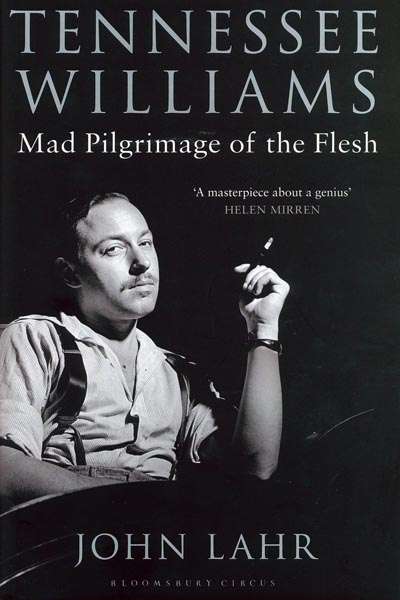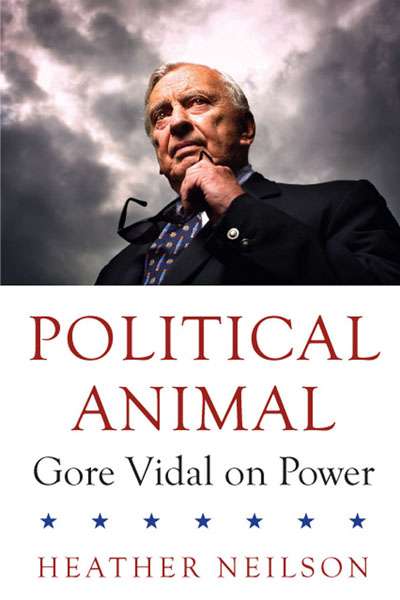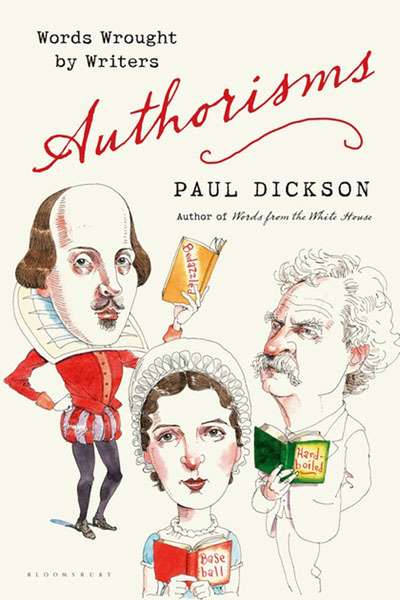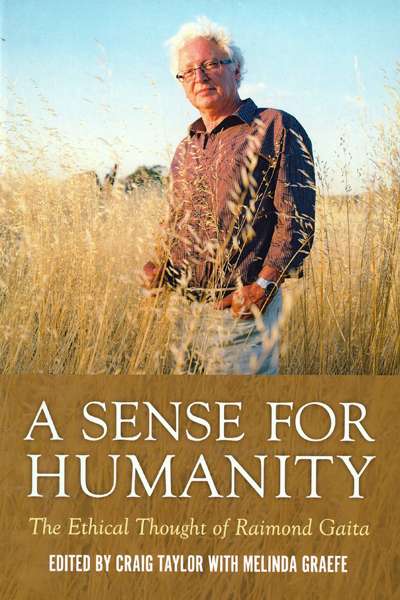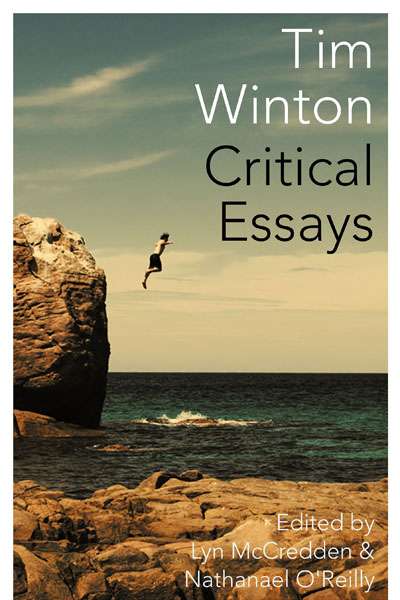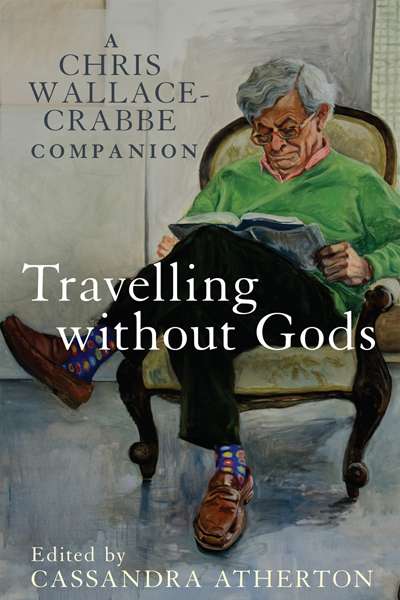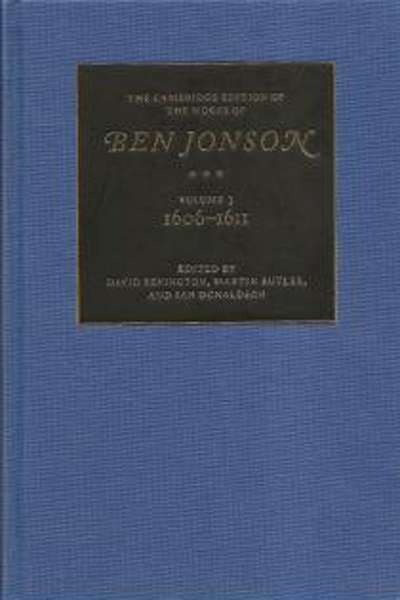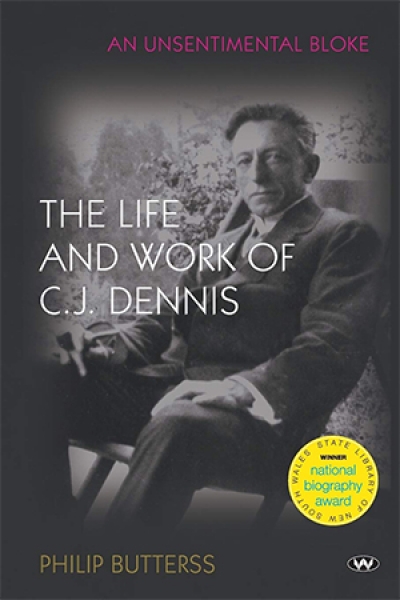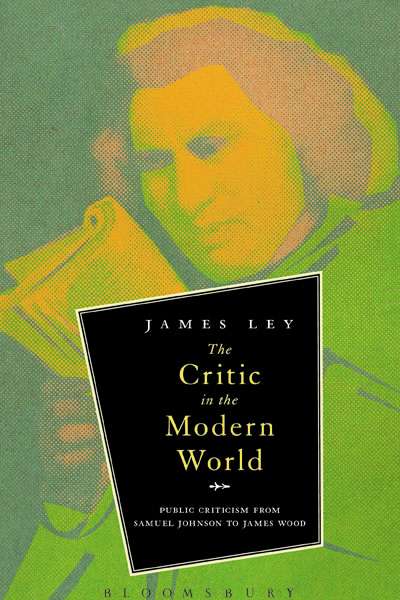Literary Studies
Tennessee Williams: Mad pilgrimage of the flesh by John Lahr
For a man who has repeatedly been described as America’s greatest playwright, Tennessee Williams’s reputation has fluctuated as wildly as his notorious mood swings. In the decade after the war he was celebrated. ‘Mr. Williams is the man of our time who comes closest to hurling the actual blood and bone of life onto the stage,’ wrote Walter Kerr of the first production of Cat on a Hot Tin Roof (1955). By the time of its 1974 revival, Stanley Kauffmann spoke for most of his colleagues when he said, ‘A Streetcar Named Desire is truly an American tragedy and The Glass Menagerie stands, even if a bit unsteadily, as one of the few successful poems in our theatre’, and then implied that everything else in the master’s output was downhill. The gleefully savage venom with which the critics greeted his later plays takes the breath away. Of The Milk Train Doesn’t Stop Here Anymore (1963), Richard Gilman wrote: ‘Why, rather than be banal and hysterical and absurd, doesn’t he keep quiet? Why doesn’t he simply stop writing, stay absolutely unproductive for a long time in Key West or the South of Spain?’ Reviewing Clothes for a Summer Hotel (1980), Robert Brustein suggested that he should book ‘a flight to Three Mile Island on a one way ticket’. The tall poppy syndrome is not merely endemic to Australia.
... (read more)American writer Gore Vidal was an intimate of political power. His grandfather was a US senator; his father served as Franklin D. Roosevelt’s Director of Air Commerce. When his mother remarried, to Hugh Auchincloss, Vidal obtained a descendant of Vice President Aaron Burr as a stepfather ...
... (read more)American Paul Dickson has written many books on aspects of language, including Words from the White House (2013). He also claims to have invented some fifty words, although he admits that only two of these have any real chance of becoming ‘household words’: word word ‘a word that is repeated to distinguish it from a seemingly identical word or name’, as in ‘a book book to distinguish the prior work in question from an e-book’; and demonym ‘a name commonly given to the residents of a place or a people’ (as Briton or Liverpudlian). In his new book, Dickson includes these two words, along with a solid collection of English neologisms from mainly English authors from Chaucer to the present. Such is the prerogative of the author of a book on authorisms.
... (read more)A Sense for Humanity: The ethical thought of Raimond Gaita edited by Craig Taylor with Melinda Graeffe
Raimond Gaita is unusual among moral philosophers in having presented the world of his childhood as food for thought. Most notably, he has given us his Romanian father, Romulus – ‘Johnny the Balt’ to his Australian neighbours – whose understanding of life’s moral necessities is articulated by Gaita as the core of his ethical thought. It is hard to think of an instance in the history of Western philosophy, other than the Socrates of Plato’s Apology, where an individual’s life story is as intrinsic to the views expounded as the life of Romulus Gaita is to those of his son.
... (read more)Tim Winton: Critical Essays edited by Lyn McCredden and Nathanael O’Reilly
Sitting, a few years ago, in the audience at a writers’ festival in the south-west of Western Australia, at a panel session hosted by Jennifer Byrne, I was struck by the widespread reaction to one of the panellists announcing that the book she had chosen to discuss was Tim Winton’s Cloudstreet (now securely canonised as an ‘Australian national classic’, as Fiona Morrison’s essay in this volume points out). A ripple of reverential approval went through the auditorium and discreet murmurs of ‘my favourite book’ were exchanged. This response demonstrated the feeling aroused by Winton and his work in a large section of the general reading public, particularly in the West.
... (read more)Travelling Without Gods edited by Cassandra Atherton & My Feet Are Hungry by Chris Wallace-Crabbe
The title of Cassandra Atherton’s anthology, Travelling Without Gods, alludes to the particular brand of agnosticism that has run through Chris Wallace-Crabbe’s work over many decades. Journeying sans deity is evidenced strongly in the poet’s latest collection, a book which, like Atherton’s, has been published to coincide with Wallace-Crabbe’s eightieth birthday.
For a non-believer, Wallace-Crabbe’s My Feet Are Hungry makes frequent reference to Christian ideology. This is in marked contrast to a number of Australian poets – Judith Beveridge, Barry Hill, Robert Gray among them – whose work in recent years testifies to the influence of Buddhism. Wallace-Crabbe’s Christian saviour is located firmly in the historical rather than the sacred. Only mildly irreverent, the poet shows respect for a figure who sides with the disadvantaged in an era of raging commercial interest and power-mad politicians: ‘Did Roman nails deserve his blood? / Even for someone who venerates money / Here is a story of absolute good’ (‘And the Cross’).
... (read more)The Cambridge Edition of the Works of Ben Jonson edited by Ian Donaldson et al.
Shakespeare’s great contemporary Ben Jonson dressed an actor in armour to open his play Poetaster. The Prologue explained:
If any muse why I salute the stage,... (read more)
An armèd Prologue, know, ’tis a
dangerous age,
Wherein who writes had need present
his scenes
Forty-fold proof against the conjuring
means
Of base detractors and illiterate apes,
That fill up rooms in fair and formal
shapes.
An Unsentimental Bloke: The life and work of C.J. Dennis by Philip Butterss
Now and again it is good to remind ourselves that literary history (and I think the history of the other arts) is strewn with the names of those who had great stature in their own time and are now largely forgotten, and with the names of others for whom the reverse is true. William Blake, short of money, went to work for the much more admired poet William Hayley. These days, the name ‘William Hayley’ will only conjure up ‘Rock Around the Clock’. Even Samuel Johnson, perhaps the greatest of all literary critics, thought Abraham Cowley ‘undoubtedly the best’ of the Metaphysical poets, and it took three hundred years for John Donne’s reputation to be firmly established.
... (read more)The Critic in the Modern World: Public criticism from Samuel Johnson to James Wood by James Ley
Aproaching Thomas Wyatt’s great but notoriously resistant poem ‘They flee from me that sometime did me seek / With naked foot stalking in my chamber’, poet and critic Vincent Buckley wrote, ‘The sense of purposive yet mysterious activity created in this opening stanza is also a matter of its sensuousness … The critical problem is to define this … sensuousness … [I]t is not to identify the kind of animal suggested in the analogy. I have heard deer, birds, and mice proposed for this purpose; my own preference is for racehorses, but it is as irrelevant as any other. It is far more important to identify their action than to identify them.’
... (read more)Australian Literary Studies, Vol. 28, no. 1-2 edited by Leigh Dale and Tanya Dalziell
This is a thoughtful and timely issue of Australian Literary Studies (ALS), one of Australia’s most substantial scholarly journals. It brings together scholars from institutions across Australia, India, and New Zealand to reflect on the state of the discipline of English in the context of a number of recent upheavals, including those directly relating to print media, including literature, which many would consider the traditional focus and matter of English. It also includes shifts in cultural literacy in the Internet age: changes in the nature of reading and the places and ways readers read; changes in school curricula; changes in the higher education sector – in response partly to changes in literacy and school education and to a rise in vocational training at both levels; to the rise of the corporate university; and to developments over the past several decades that we might think of as internal to the discipline: the critiques of syllabi and reading practices focused on canonical texts; the rise of theory; of post-colonial and feminist and minority discourse approaches; of interdisciplinary reading, and so on. The contributors to this volume address these questions in terms of debates around ‘the public humanities’: that is, defences of the traditional humanities by scholars from literary studies along with philosophers and historians in the face of attacks from the political and corporate world about the ‘relevance’ of these fields of inquiry.
... (read more)

